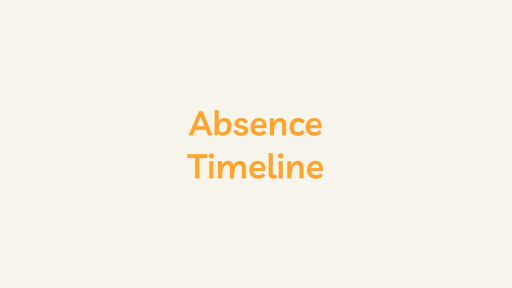What is a Candidate Database?
In the dynamic landscape of talent acquisition, a candidate database is an invaluable asset, transcending the role of a mere storage facility for resumes. It is a reservoir of potential, a well-organized repository that simplifies the current recruitment process and lays the groundwork for future hiring endeavors. Let’s explore the multifaceted dimensions of a candidate database and how it serves as a strategic cornerstone for recruiters and hiring professionals.
1. Candidate Profiles
At its core, a candidate database is a compendium of individual narratives encapsulating potential hires’ professional journeys. Each candidate profile is a tapestry woven with details such as contact information, work history, educational background, skills, and certifications. This comprehensive snapshot enables recruiters to assess candidates’ suitability for specific roles swiftly.
2. Resumes and Documents
Beyond the contours of a traditional resume, the database harbors a treasure trove of documents that unveil the depth of a candidate’s qualifications. Cover letters, portfolios, and additional documents provide a nuanced understanding of a candidate’s capabilities, aiding recruiters in making informed decisions.
3. Candidate Database Contact History
The database is a chronicle of interactions. Every email exchange, phone call, or interview is meticulously logged. This historical record ensures seamless communication within the recruitment team and paints a vivid picture of the relationship between the candidate and the organization.
4. Candidate Database Application History
Understanding a candidate’s journey within the organization’s recruitment process is paramount. The application history section delineates the positions for which a candidate has applied, the outcomes of interviews, and any assessments or tests undertaken. This historical context informs future interactions and decisions.
5. Candidate Database Skill Tags and Keywords
In the vast expanse of the database, skill tags and keywords act as navigational beacons. Recruiters can swiftly pinpoint candidates with specific proficiencies, streamlining the process of identifying individuals who align with the nuanced requirements of diverse roles.
6. Source of Application
Tracking the origins of a candidate’s application provides valuable insights into the effectiveness of various recruitment channels. Whether candidates discover opportunities through job boards, the company’s website, or referrals, understanding the sources enhances the organization’s strategic approach to talent sourcing.
7. Status and Progress
Candidates are not static entities; they evolve within the recruitment pipeline. The database captures the current status of each candidate, from initial application to various stages of the interview process. This real-time information empowers recruiters to gauge progress and make data-driven decisions.
8. Candidate Database Notes and Feedback
Beyond quantitative metrics, qualitative data adds richness to the candidate profiles. Notes and feedback from recruiters, hiring managers, and interviewers provide a holistic view of a candidate’s performance, strengths, and areas for development. This collaborative insight informs comprehensive decision-making.
9. Compliance and Data Privacy
In an era where data protection is paramount, the candidate database is designed with compliance in mind. Robust features ensure adherence to data privacy regulations, safeguard sensitive candidate information and build trust in recruitment.
10. Search and Filtering Tools
A powerful database is equipped with search and filtering tools that elevate efficiency. Recruiters can swiftly sift through the wealth of data, refining searches based on specific criteria such as skills, experience, location, or education.
Conclusion
A candidate database extends beyond immediate recruitment needs when thoughtfully curated and actively maintained. It transforms into a strategic tool, a reservoir of potential hires aligning with the organization’s values and goals. Recruiters leverage this repository not just for the present vacancy but as a proactive approach to talent acquisition. By nurturing relationships with candidates over time, the database becomes a living testament to the organization’s commitment to talent engagement and a reservoir of possibilities that transcends the constraints of the moment.





